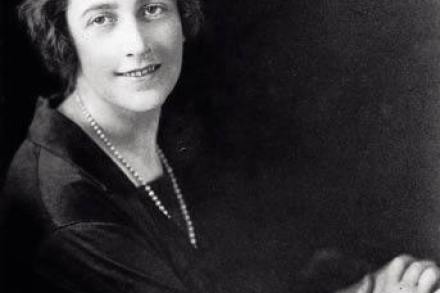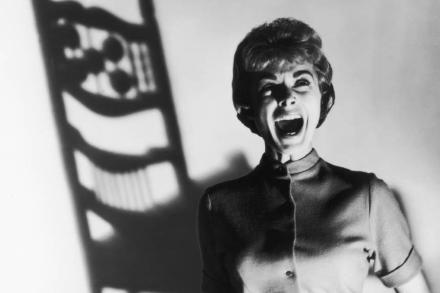His own best invention
Just as it will sometimes happen that a critic feels obliged to preface a review with a declaration of interest, so I should now declare a lack of interest. Prior to being commissioned to review David Bellos’s heroically well-researched and hugely entertaining biography, I confess I had never managed to finish one of Romain Gary’s






